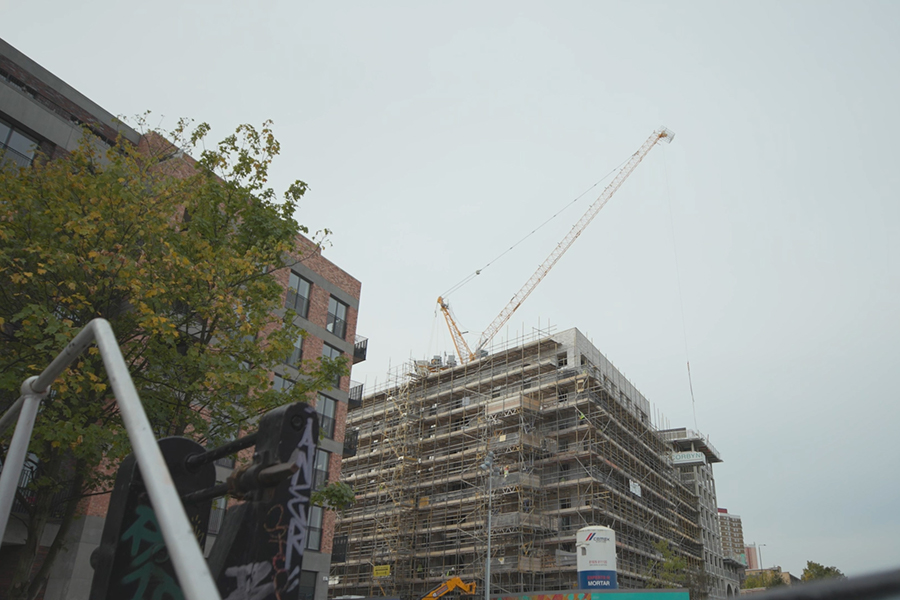In recent months Guru Systems have become aware of a number of projects where developers are choosing to install direct electric panel heaters as the heat source in residential dwellings. While planning permission for a project may have been secured based on an energy strategy using electric panel heaters, there is a significant risk that these heaters may no longer be compliant when the building inspector eventually assesses compliance with building regulations. As a result, developers may be required to remove them.
Why are electric panel heaters a risk?
It all comes down to the carbon intensity of grid electricity and different heating systems as calculated using the SAP methodology.
SAP stands for ‘Standard Assessment Procedure’ and is the methodology used by the Government to assess and compare the energy and environmental performance of dwellings. SAP calculations are a part of the Building Regulations (Part L), and are required for all new build homes in the UK. The calculations establish energy use and carbon emissions based on the construction of the home, its heating system, lighting and any renewable technologies installed.
SAP calculations do three things:
- They determine a SAP Rating (the energy related running costs of a dwelling)
- They demonstrate compliance with Part L of the building regs
- They are used to produce an Energy Performance Certificate (EPC)
You might expect that an energy strategy approved at the planning stage will ensure compliance with Part L ahead of residents moving in, but this is not necessarily the case.
When a development (or a part of it) is complete it is inspected for compliance with Part L, but crucially the inspection measures compliance against the current version of SAP, not the one in place at the time of planning approval. This is important because SAP is changing, and so developments which have already secured planning approval but where construction is ongoing may find themselves assessed against the new version of SAP – known as SAP 10 – once the construction phase is complete.
This is important for anyone planning to install electric panel heaters as, while the final text of SAP 10 has not yet been published, drafts strongly indicate that electric panel heaters will no longer be low carbon enough to guarantee compliance.
Regardless of when permission was secured, home builders will need to gain a ‘pass’ on their SAP Calculations (whichever version is current at the time of inspection) as without it, building control will not sign off the development and the property cannot be let or marketed for sale.
SAP 10 is due imminently, and so developers currently considering electric panel heaters should give real thought to alternative heating solutions, such as building a communal heat network or connecting to an existing district heat network.

